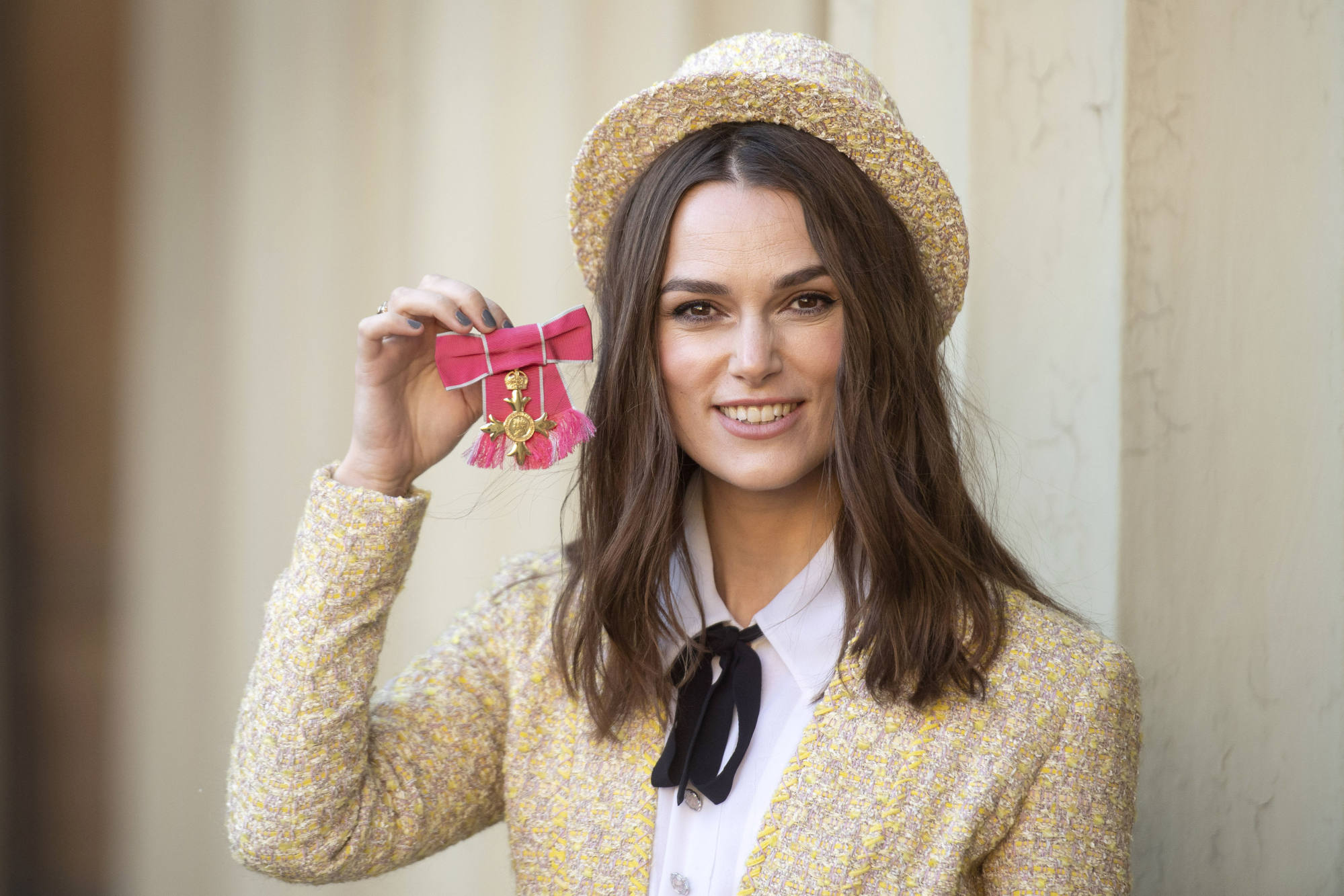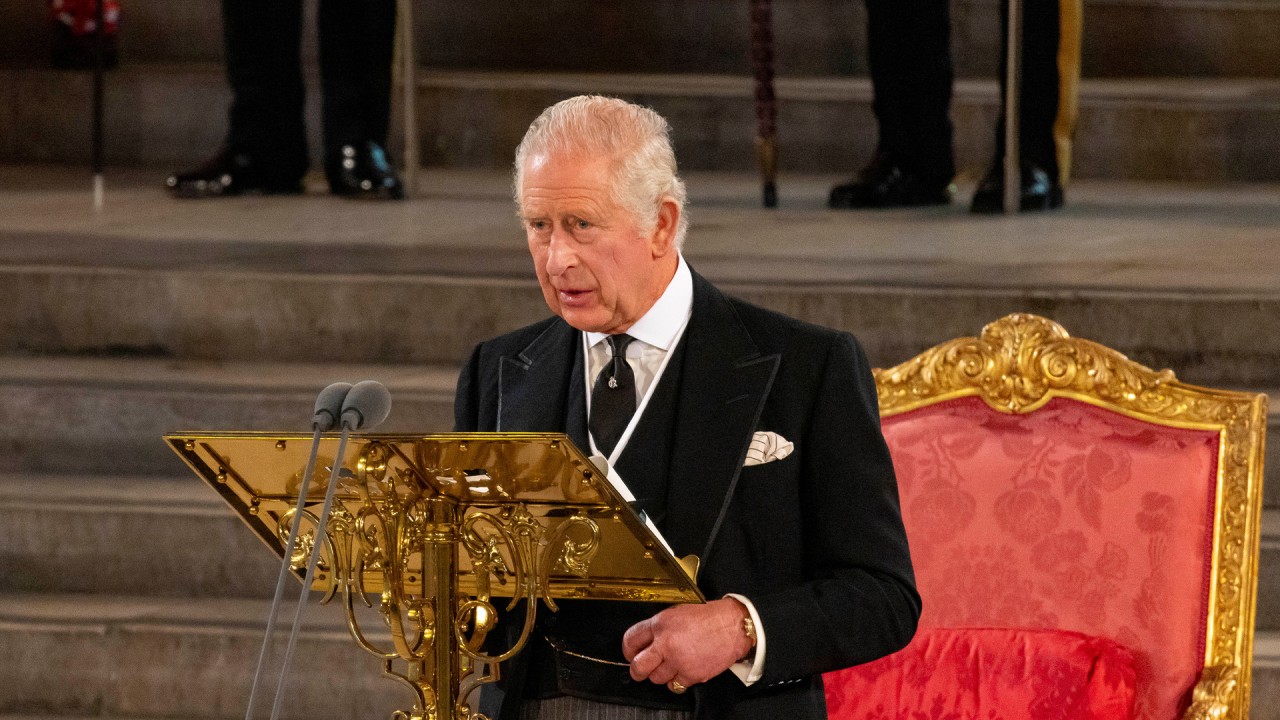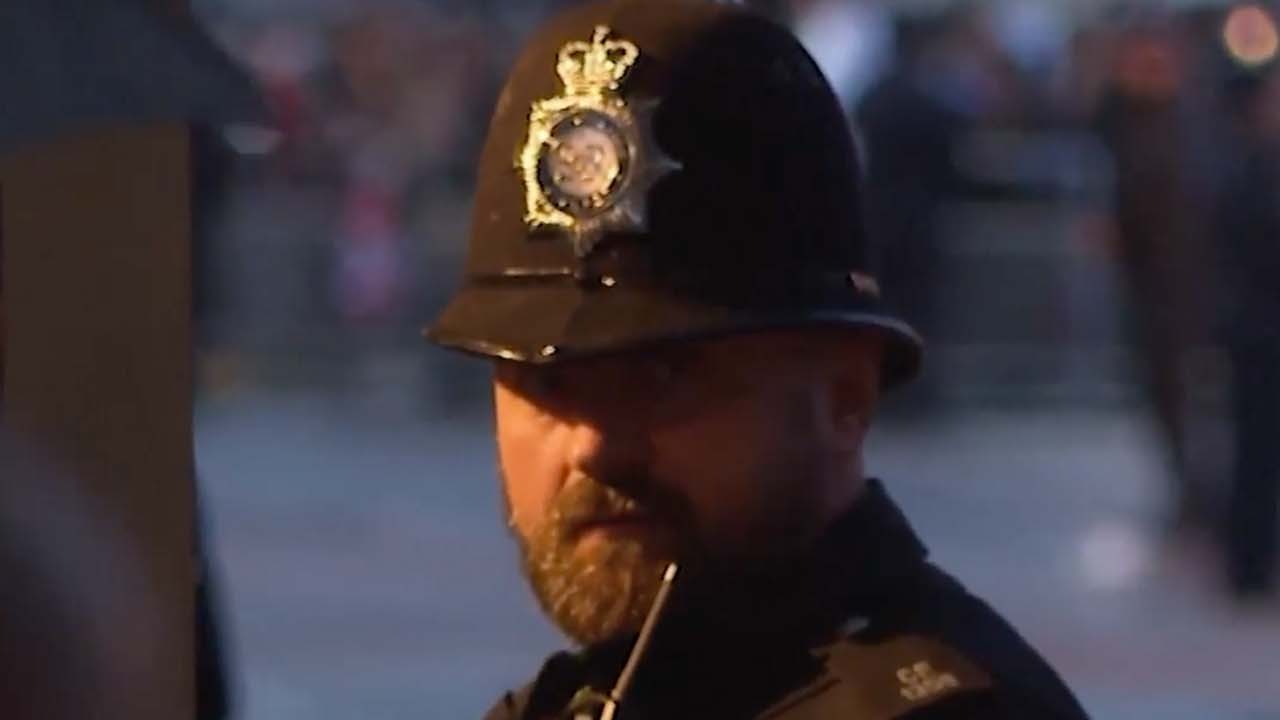
With Queen Elizabeth’s death, I finally get it: Britain needs its royal family
- The royal family is neither the product of an incomplete class revolution nor the source of class anxiety – its special relationship with the people is hardly understood by outsiders
- Instead, it is the glue that holds British society together, a uniting force that has made British democracy stronger and more durable
Eighteen years after immigrating to the United Kingdom, my understanding of the British royal family has gone through three phases.
In the second phase, I started to see the royal family through a sense of existential crisis. Coming to England to study, and later marrying and settling down, I still carried a strong “class mindset” and had many unanswered questions about British society. The existence of the royal family and aristocracy made me feel anxious about being just an ordinary middle-class person.
Commonwealth, global grief testament to Queen Elizabeth’s enduring legacy
I later realised that my anxiety resonated more with the emotions of England’s emerging middle class in the 18th and 19th centuries, when people were trying to climb the social ladder.
A new elite – whether singers, film stars, chefs, models, sports or television celebrities – has risen from the masses of the ordinary. And both the elite and ordinary are equally honoured and proud when they accept the titles of the Order of the British Empire.

It was not until Queen Elizabeth died and many people interviewed expressed pride at having served her that I realised the royal receptions and investitures were an honour beyond politics – and that this special relationship between the royal family and the people is hardly understood by those outside the United Kingdom.
And that’s how my understanding of the royal family moved into the third and current stage – that Britain needs the royal family.
After Queen Elizabeth’s death, all of British society went into mourning, and even the political circles of Scotland and Northern Ireland set aside their conflicts as leaders recognised the bereaved King Charles as the new monarch. Foreign dignitaries expressed feelings of heartbreak; French President Emmanuel Macron tweeted: “To you, she was your Queen. To us, she was The Queen.”
I’ve seen articles in the Chinese media about the so-called existential crisis of the royal family as a result of Queen Elizabeth’s death. These writers do not have any real sense of what has happened in the UK over the past week. For many reasons, I believe the royal family has made British democracy stronger and more durable.
More than a figurehead, Queen Elizabeth made constitutional monarchy work
First, since 1066, when the roots of the British royal family were established by William the Conqueror, royalty has coexisted with the nobility, the middle class and the commoners in a relationship that involved compromise on all sides. This is the most distinctive and unique aspect of British society, and a major reason that the nation evolved to become the mother of parliaments. There is every reason to expect that the royal family will continue to work out compromises with society to continue its existence.
Over the past 10 days of mourning, the British royal family’s diplomatic and public relations have successfully masked social tensions, but they have also been quietly reconciling them. It is clear to me that the British monarch is able to unite a society divided by democratic politics.
Yue Parkinson is a freelancer writer and bilingual author of China and the West: Unravelling 100 Years of Misunderstanding, and China’s Ukraine Dilemma: The Shaping of a New World Order

.jpeg?itok=IWIemjTe&v=1689818059)

